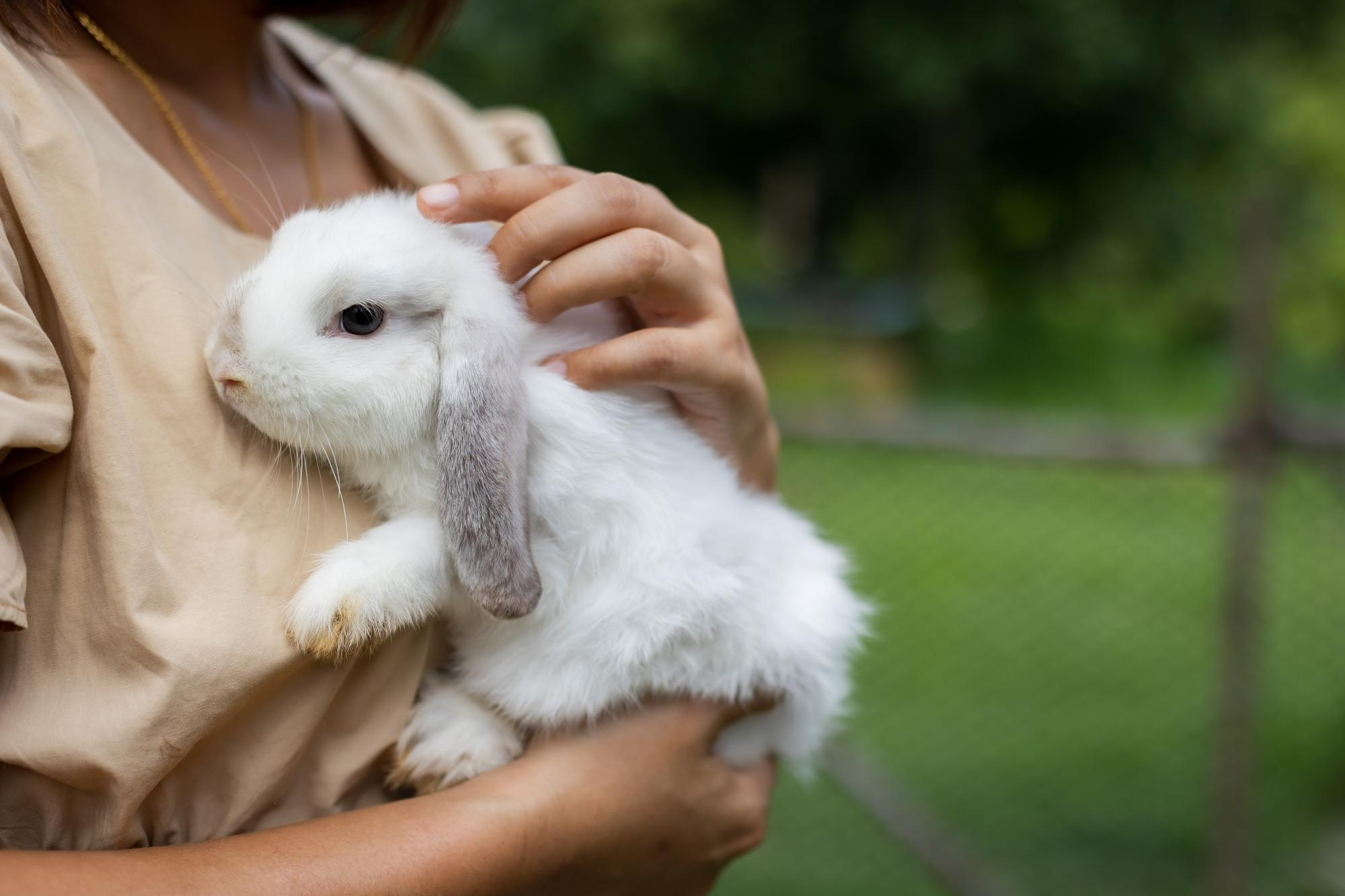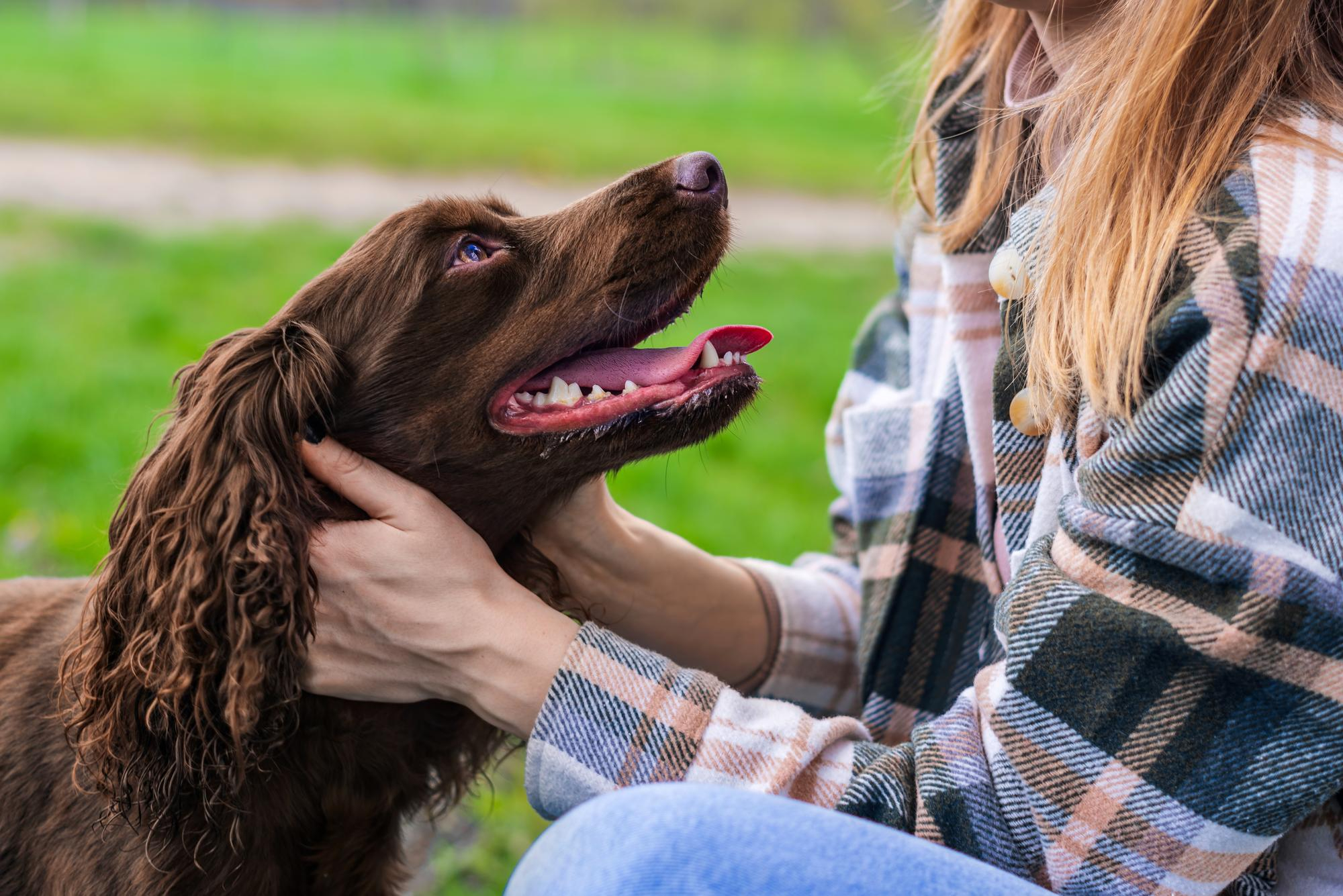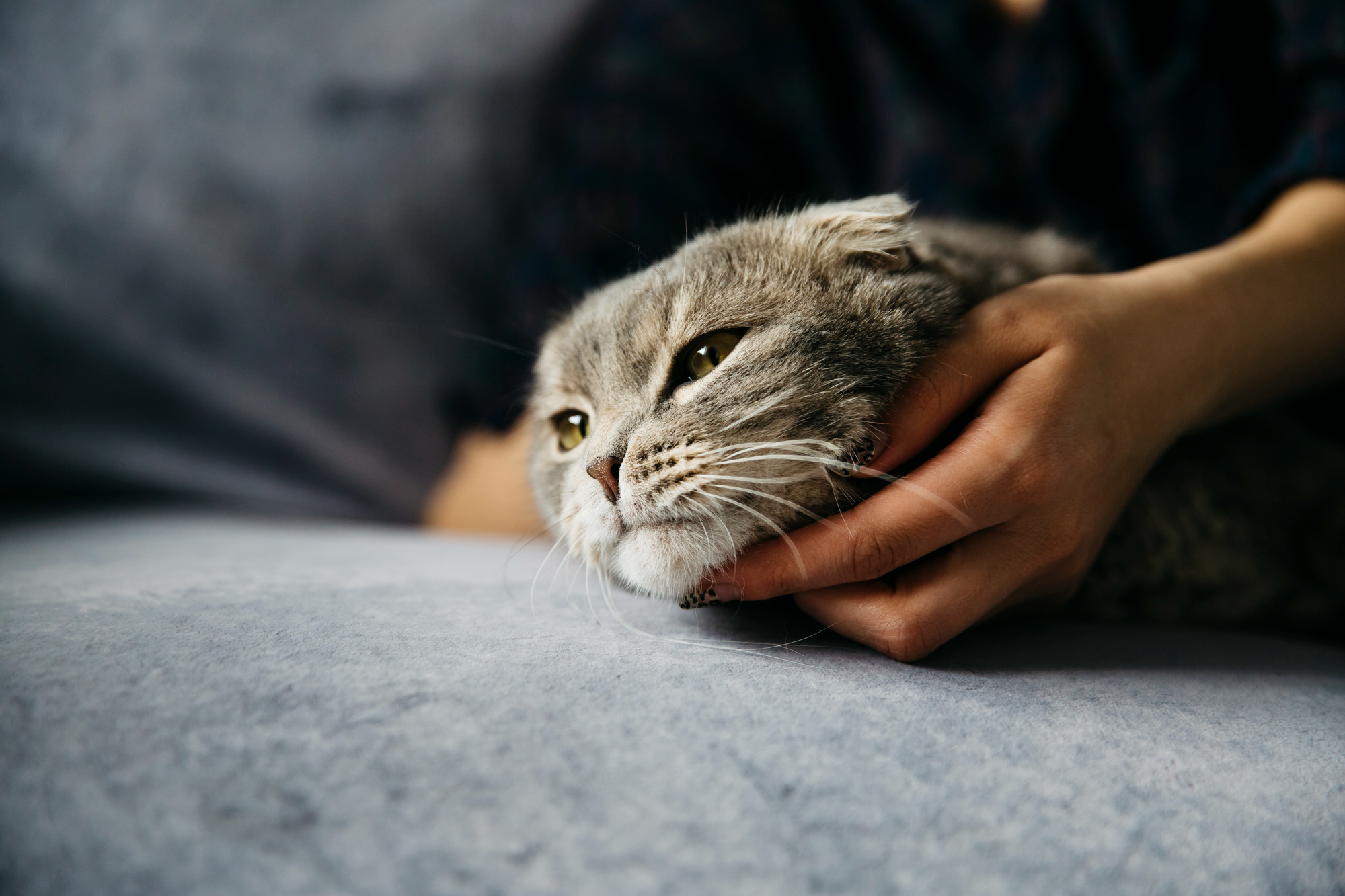Pets age and go through life-stage changes just as we do. They compensate for age-related changes like decreased hearing or vision, and developing arthritis, just as we do too. They may still be by your side at every chance they get, and be happy to chase the ball or demand attention when you get home. But subtle aging changes in appearance and disposition are inevitable for all beloved pets. Most dogs and cats reach “old age” between 7-10 years of life. Some individual pets may be affected by signs of aging earlier than others depending on breed, size, diet and just plain “wear and tear” on the body.
As well as we know our pets, it is important to understand that signs of aging are gradual and may go unnoticed over a period of time. Pets are very good at hiding discomfort from arthritis, especially when they are around their loved ones and want to make the most of the time they spend with the family. It is a trait similar to children, where playing for as long as they can with friends, seems to be the big life priority. Many older dogs will actually show signs of stiffness and discomfort on the day following a day at the beach or a day playing at the park. Some dogs may lag behind you towards the end of long walks. Cats and small dogs may be reluctant to jump onto higher surfaces which they might have happily leapt onto a few years back. Unexpected irritation or sensitivity to being touched on different parts of the body like the hips or spine can also be an indicator of discomfort related to arthritis.
As companion pets age, their metabolism and immune systems slow down as well and they may also experience loss of bladder and bowel control. It is a good idea to make plenty of water and shade available to pets during sunny days. A warm blanket or an insulated dog house is essential to keep them warm during the winter months. A senior diet that is easy to digest and prevents obesity and organ problems are usually recommended by veterinarians as a pet turns 7-8 years old. Regular brushing and grooming, teeth brushing and oral care, managing play-time to prevent excessive heating, and bathing during hot days are some of the other essential features of keeping an older pet comfortable.
Certain illnesses may occur without obvious change in a pet during old age and are easily dealt with, if diagnosed early. It is recommended to have every senior pet examined by a veterinarian at least annually. If your senior pet hasn’t been to a vet for a year, it may be time to get professional advice on how your companion can be best taken care of.
Pets’ needs are ever-changing, and they depend on us to keep them healthy and comfortable. Give your pet lots of attention and affection, and embrace the fact that aging is a natural part of life. It is important to help maintain their independence and dignity in their senior years.
By – Dr. Bajwa,
Veterinarian at Hastings Veterinary Hospital, Burnaby since 2005.





